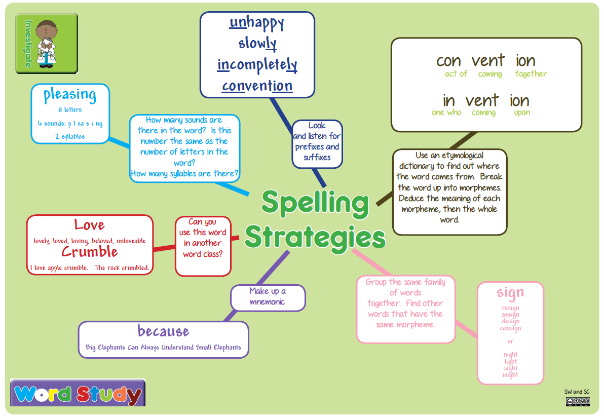Brilliant Birch Class
Welcome to Brilliant Birch Class
- Teacher: Mrs Brooks & Mrs Fawcett
- Teaching Assistant: Mrs Ferguson & Mrs Odell
Ntional Curriculum Spellings for year 3 & 4. How many can you spell?
We are going to be approaching spellings a little differently going forwards.
I have published the attached spelling lists for the rest of this year. There are four lists – one for each half-term between now and the summer holidays. (See below)
The children will need to practise the words from the relevant list every week at home. They will be tested at the end of the half-term.
Please continue to use the ‘Spelling Menu’ activities to practise and be creative with these spellings.
Within school, we will continue to practise spelling patterns and complete spelling sessions and activities through the week.
Year 3 and Year 4 word lists
|
Term |
Year 3 words |
Year 4 words |
|
Autumn Term 1 |
Possessive apostrophe singular and plural words Homophones list here, hear heel, heal, he’ll |
Tion, sion, ssion, cian
rain, rein, reign whose, who’s weather, whether |
|
ee spelled u: busy, business split digraphs: arrive, decide, describe, extreme, guide, surprise |
tion and sion suffixes: mention, occasion, position, possession, question, |
|
|
Autumn Term 2 |
not, knot male, mail medal, meddle
|
Ation, sion
where, wear where, were |
|
words with unstressed vowels: different, favourite, February, interest, library, ordinary, separate |
s spelled c before e, i and y: bicycle, centre, century, certain, circle, decide, exercise, experience, medicine, notice, recent |
|
|
Spring Term 1 |
Ly suffix
accept, except affect, effect ball, bawl berry, bury
Sure and ture word endings (as in measure, creature) |
Words ending with Ous
plain, plane seen, scene
|
|
n spelled kn: knowledge, knowledgeable ~ly and ~ally suffix: accidentally, actually, occasionally, probably |
ous endings: famous, various other words: answer, build, calendar, complete, consider, continue |
|
|
Spring Term 2 |
“u” spelled ou (young, double)
Prefixes: un~, dis~, mis~, in~, il~
break, brake fair, fare great, grate groan, grown |
More prefixes: inter, anti, auto, super
weight, wait eight, ate
|
|
words with prefixes: disappear, disbelieve, rebuild, reposition the same words without prefixes: appear, believe, build, position |
early, earth, experiment, group, guard, forward, forwards, fruit, heard, heart, history, imagine, important, increase, island |
|
|
Summer Term 1 |
“ay” spelled ei eigh ey
Suffixes beginning with vowels added to multi syllable words: ~en, ~ing, ~er, ~ed, ~ation |
Long I spelled y in initial and medial positions of word.
More prefixes: inter, re, ir, im |
|
ay spelled ei: eight, eighth, reign, weight igh spelled ei: height |
learn, length, material, minute, natural, often, particular, peculiar, perhaps, popular, potatoes, promise, purpose
|
|
|
Summer Term 2 |
More prefixes: Pre, Sub
main, mane meat, meet missed, mist piece, peace |
K spelled ch S spelled ch G spelled gue K spelled que |
|
words with double consonants: address, appear, arrive, different, difficult, disappear, grammar, occasion, opposite, pressure, suppose |
quarter, regular, remember, sentence, special, straight, strange, strength, surprise, therefore, woman, women |

You are learning to spell these words for two reasons. Firstly, they are words that are used regularly in your writing. Secondly, they have been identified as words that every child in your year group in the UK has to be able to spell.
Use your spelling strategy sheet to help you learn ways of remembering how to spell words.

